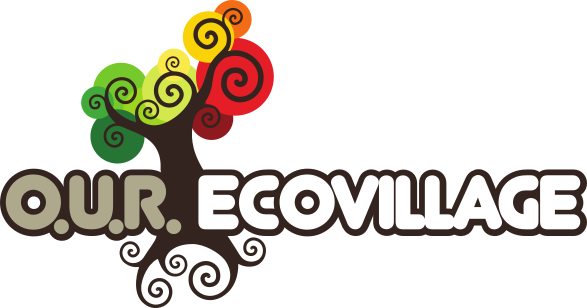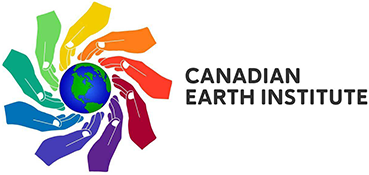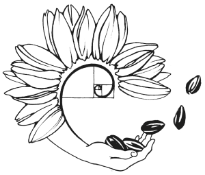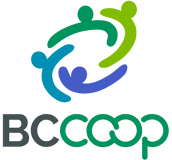Kitchen Exploration: Food Security and Ways to Discuss Preparedness – CSA Week #15
According to Victoria’s Focus Online magazine, on Vancouver Island there is a 2- or 3-day supply of food in grocery stores. With the pandemic, there has been heightened interest in food security and awareness of our dependence on food imports. In addition to the CSA as a community food security effort, OUR Ecovillage has been working on a community emergency preparedness project for over a year. See more at https://v2.ourecovillage.org//january-2020-designing-for-community-resiliency-and-emergency-planning-project-update/
We hope you’ll check out these two resources:
Here’s a game about real emergency preparedness that can help families and other groups to discuss real strategies in a lighthearted context that can get kids involved in the discussion. You can download and print it from this link. There’s a short video intro on how to play. We brought this into Frances Kelsey Secondary School last year and introduced it to a student group that gave it a big thumbs up for being relevant and keeping their interest. Check it out at https://fractionation.us/termination
How to Build a Household Emergency Kit and Grab-and-Go Bag: https://www2.gov.bc.ca/gov/content/safety/emergency-preparedness-response-recovery/preparedbc/build-an-emergency-kit-and-grab-and-go-bag







